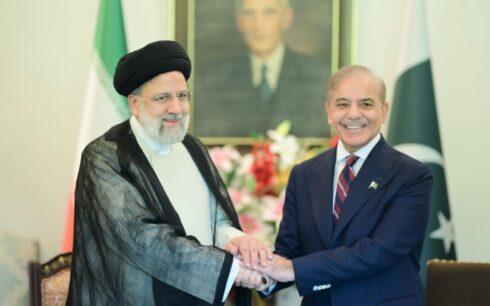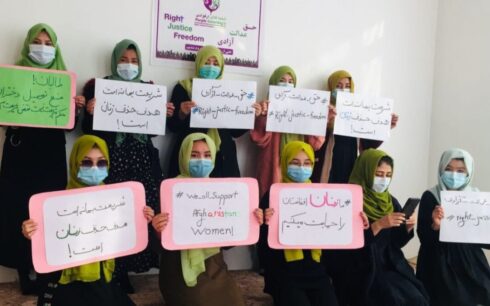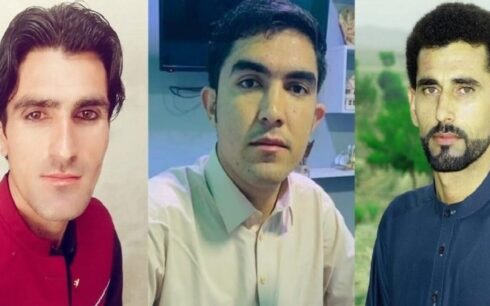The UN has denounced the “arbitrary” detention of Afghan civil activists by the Taliban in Afghanistan, stating that no one should be detained for defending their rights.
In a statement released on Wednesday, the UN Human Rights spokesperson Jeremy Laurence on Afghanistan said that the UN is alarmed by the ongoing arbitrary arrests and detentions of civil society activists and media workers in Afghanistan.
Laurence stated that the UN called on the Taliban to release those arbitrarily detained “in particular the targeting of those who speak out against the de facto authorities’ discriminatory policies restricting women and girls’ access to education, work and most other areas of public and daily life.”
“No one should be detained for speaking out in defense of their fundamental rights and the rights of others. Arrest or detention as punishment for the legitimate exercise of fundamental rights, such as the rights to freedom of opinion and expression, is arbitrary under international human rights law,” he said.
The statement comes three days after Matiullah Wesa, an education activist and founder of Pen Path, was arrested at a mosque near his home in Khoshal Khan in the west of Kabul by the Taliban.
On March 26, Wesa posted a video on his social media platforms that showed female volunteers from his foundation, calling on the Taliban to reopen secondary schools for girls.
It was the last video he posted as part of his campaign to advocate for girls’ education in Afghanistan and his campaign to end illiteracy in the country. But he might not have known that his activities could one day put him behind bars.
The UN official added that Matiullah Wesa’s whereabouts remain unknown.
“The following day, the same individuals entered Matiullah Wesa’s home and apprehended two of his brothers, who were released a few hours later,” Jeremy Laurence said.
The official stated that there was no clear information on the whereabouts, well-being, and any charges against several other activists and journalists, including Nargis Sadat, Zakaria Osuli, Sultan Ali Ziaee, Khairullah Parhar, and Mortaza Behboudi.
The Taliban arrested Nargis Sadat, a member of the leadership council of a women’s protest movement, in Kabul last month.
According to her relatives, Sadat was detained on February 11, while on her way to a doctor. Since her arrest, there have been no reports on her whereabouts, the woman’s relatives said.
Mortaza Behboudi, a French-Afghan journalist, was detained two months ago while on his way to collect a permit to cover stories in Kabul. Reporters Without Borders (RSF) have repeatedly called on the Taliban to release Behboudi.
Zakaria Osuli, a university lecturer, was also detained on February 2 and his relatives stated that they have no idea about his whereabouts.
“Detainees’ human rights must be respected, in particular the right to be informed of the reason for their arrest at the time of their arrest, the right to be promptly informed of any charges against them, as well as the right of access to family members and to legal representation,” Laurence added.
The UN official also stressed that under international human rights treaties to which Afghanistan is a party, the Taliban have the obligation to respect and ensure the rights to freedom of expression, opinion, and freedom of peaceful assembly, as well as to provide access to education and the right to work.





